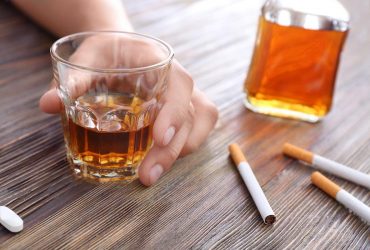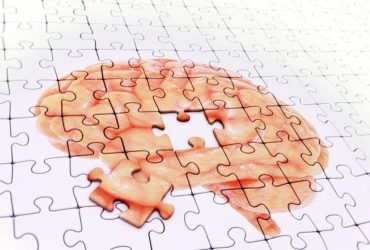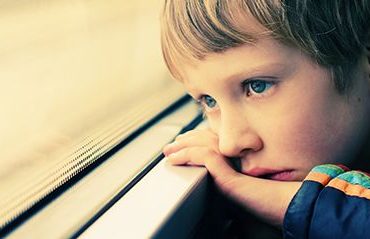Association even stronger for accumulation of healthy behaviors over time
Past-month binge drinking among young women in 2021-2023 was higher than among men, reversing previous patterns
Increase in prevalence seen for internalizing behavior, while decreases seen in sexual risk behaviors and substance use
Review shows no evidence of long-term effects from music-based therapeutic interventions
Benefits seen for material organization, working memory, and inhibition
Review findings include benefits for pregnant women
General happiness plus satisfaction with family, friendships, health, and finances tied to CVD risks
Optimal level of programming is at least three to four times a week in older adults with mild cognitive impairment
Positive association also seen with the length of phone use sessions
In addition, increases in externalizing behaviors at age 12 years predict future maltreatment exposure











